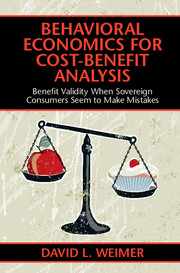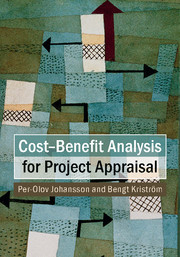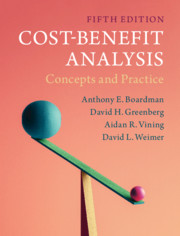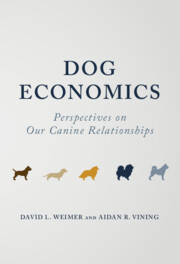Behavioral Economics for Cost-Benefit Analysis
How should policy analysts assess 'benefit validity' when behavioral anomalies appear relevant? David L. Weimer provides thoughtful answers through practical guidelines. Behavioral economists have identified a number of situations in which people appear not to behave according to the neoclassical assumptions underpinning welfare economics and its application to the assessment of the efficiency of proposed public policies through cost-benefit analysis. This book introduces the concept of benefit validity as a criterion for estimating benefits from observed or stated preference studies, and provides practical guidelines to help analysts accommodate behavioral findings. It considers benefit validity in four areas: violations of expected utility theory, unexpectedly large differences between willingness to pay and willingness to accept, non-exponential discounting, and harmful addiction. In addition to its immediate value to practicing policy analysts, it helps behavioral economists identify issues where their research programs can make practical contributions to better policy analysis.
- Provides an accessible overview of neoclassical welfare economics
- Reviews progress toward developing a behaviorally-informed welfare economics
- Provides practical guidelines for dealing with behavioral challenges to CBA
Product details
September 2017Hardback
9781107197350
176 pages
235 × 156 × 16 mm
0.39kg
9 b/w illus. 4 tables
Available
Table of Contents
- 1. Introduction
- 2. Neoclassical valuation principles for CBA
- 3. Possible behavioral frameworks for CBA
- 4. Risk perception and expected utility deviations
- 5. Large deviations between WTP and WTA
- 6. Non-exponential time discounting
- 7. Harmful addictive consumption
- 8. Practical guidelines for valuation.







